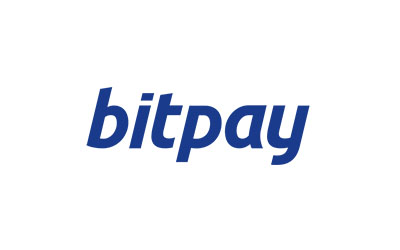
Big Data, Big Promises for Improved PaxEx
Written by Howard Slutsken
APEX Insight: At last week’s UATP Airline Distribution 2016 conference in Vancouver, BC, a panel of experts discussed how mining and analyzing airlines’ search data could improve passengers’ travel experience. Big Data can be used to generate customized offers for passengers and to personalize all steps of the buying process. The panelists may each envision the role of Big Data for airlines differently, but they all agree that its influence is on the rise.
“Big Data” is a recent technical buzzword that describes the petabytes of information that are being stored and analyzed in virtually every industry. For airlines, Big Data promises to bring everything from advanced warning of the failure of critical aircraft components to more targeted and customized interactions with passengers.
At the recent UATP Airline Distribution 2016 conference in Vancouver, BC, a panel of experts looked at the evolving role of data, and how it is being used to personalize any trip. Moderator Masha Cilliers, founder of Payment Options Ltd., challenged the panelists to describe how data is being generated, along with the ways that Big Data could improve a passenger’s experience.
“Data is used in our industry to improve, optimize, enhance and offer,” says Jim Davidson, president and CEO, Farelogix. “Data also has the ability to influence behavior. That’s the part that airlines have just now started to wake up to. If I can provide a value on the 10 o’clock flight that’s different than on the 8 o’clock flight, either more points, or something that I’ve already got, like a free bag, I can influence that behavior because I’m always oversold on the 8 o’clock.”
Gianni Cataldo, vice president of Product and general manager of Datalex Americas, noted that the trend is for airlines to collect data in three contexts. “How much data can you harvest off that current transaction, that moment in time when that person is interacting with you? That can be as simple as web session data. Next is trip-based; why is this person looking at this trip? And then, finally, the customer value proposition. One of the metrics we’ve been trying to devise – and it’s a struggle to get – is one that measures loyalty. Not ‘I’m gold level or silver level,’ but ‘I’ve been flying with United for 25 years, so I have loyalty.’ Those kinds of metrics, we think, add more value.”
Mining and analyzing the data can generate offers specifically tailored to a passenger’s travel experience. However, Gregory Hendricks, vice president of Passenger Services for SITA, says that airlines have to be focused in customer interactions. “Making personalization work for the passenger means providing the right product; it’s getting the products out there, out to the right sectors. It’s selling at the front end in the e-commerce engine, and consistently across all channels. Personalization has to go all the way to the end, even to operations, so when you have a very valuable customer you need to treat them perfectly. Take that personal knowledge of that customer all the way to the end.”
Last year, online travel service Expedia had over 8 billion information searches over its various channels. Jim Davidson sees a huge potential in the analysis of airlines’ search data. “We really have just started to scratch the surface. Most airlines, even on their websites, don’t do a very good job knowing what people are looking for,” says Davidson. “They tend to grab the data from the transaction, which says, ‘Look, Jim bought something from me, and now I’m going to offer him these other things.’ The real value is ‘What’s Jim looking at before he decided to buy. Jim may be looking, but he never buys from me.’ That’s so valuable because that’s a [possible] new customer. That is far more valuable than actually trying to sell somebody a seat upgrade after you’ve got them.”
– See more at: http://apex.aero/2016/04/01/big-data-big-promises-improved-PaxEx#sthash.CmPvZCFF.dpuf
